As humanity continues to innovate and develop new technologies, the ethical implications of our creations become increasingly complex. The intersection of monotheistic beliefs and politics adds an additional layer of depth to the discussion surrounding the Ethics of Technology. In this blog post, we will explore the intricate relationship between monotheism, politics, and the ethical considerations of technological progress.
Technological Advancements: A Double-Edged Sword
Technological advancements have undoubtedly shaped societies and redefined our way of life. However, these innovations also bring with them profound ethical dilemmas. As we strive to create more efficient systems and enhance human capabilities, questions about the ethical boundaries of technology arise. How do we ensure the responsible use of technologies that can either empower or exploit individuals and communities?
Monotheism’s Influence on Ethical Frameworks
Monotheistic beliefs, such as those found in Christianity, Islam, and Judaism, have long guided people in matters of morality. These religious frameworks offer a set of principles and values that shape individuals’ perspectives on right and wrong. When discussing the Ethics of Technology, it is essential to consider the impact of monotheistic beliefs on the ethical frameworks that govern technological development and usage.
The Role of Politics in Ethical Decision-Making
Politics plays a crucial role in shaping the ethical landscape of society. Laws, regulations, and policies dictate how technology is developed, implemented, and used. The intertwining of monotheistic beliefs and politics further influences these decisions, as lawmakers and policymakers bring their religious convictions into governance. This interconnectedness can impact the trajectory of technological progress, in both positive and negative ways.
Ethical Challenges and Controversies
One of the primary ethical challenges arising from the fusion of monotheism and politics in the realm of technology is the question of autonomy and control. How does the notion of human free will, central to monotheistic beliefs, align with the increasing power of technological systems? Can we strike a balance between progress and the preservation of individual rights?
Another area of controversy lies in the ethical implications of technological applications. For example, in the field of genetic engineering, the ability to modify the human genome raises concerns about playing God and tampering with the natural order. Monotheistic beliefs emphasize the sanctity of human life and the responsibility to protect it, adding further complexity to the ethical discussions surrounding these technologies.
Illuminating Untapped Perspectives
While the interplay between monotheism, politics, and technology has been discussed in various contexts, there is still much to explore. By delving into the intertwining of these realms, we open up new avenues of thought and conversation. It is essential to move beyond the surface-level debates and investigate the lesser-explored connections between monotheistic beliefs, the ethical implications of technology, and the political decisions that shape our societies.
A Call for Enlightened Discussions
In a rapidly advancing technological landscape, it is crucial that we engage in thoughtful and reflective discussions about the ethical implications of our creations. By understanding the impact of monotheistic beliefs and politics on the Ethics of Technology, we can foster a more inclusive and comprehensive approach to decision-making.
To navigate the path towards ethical technological progress, we must strive for a balance between innovation, individual rights, and societal values. By embarking on this journey of exploration, we can work towards a future where technology serves as a force for good, guided by ethical frameworks that respect the diverse perspectives influenced by monotheistic beliefs and politics.
In conclusion, the Ethics of Technology is an inherently complex field, and the intertwining of monotheistic beliefs and politics adds a layer of depth and intricacy to the discussion. By embracing untapped viewpoints and engaging in enlightened discussions, we can pave the way for a more ethically aware and responsible technological future. Let us embark on this journey together, exploring the vast realms of ethics, monotheism, and politics, and shaping the world we want to create.
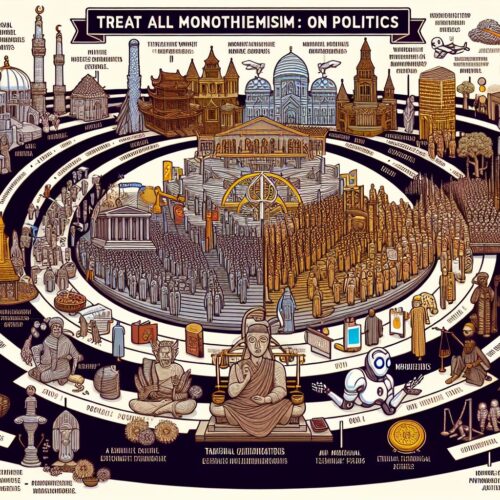
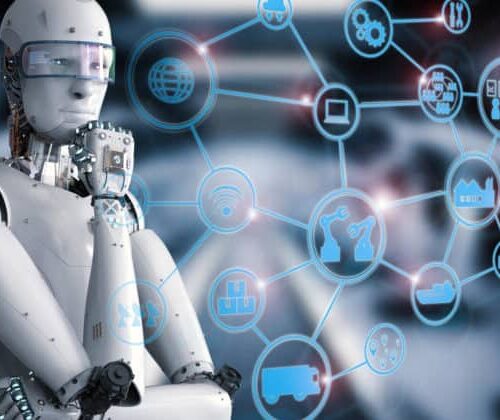
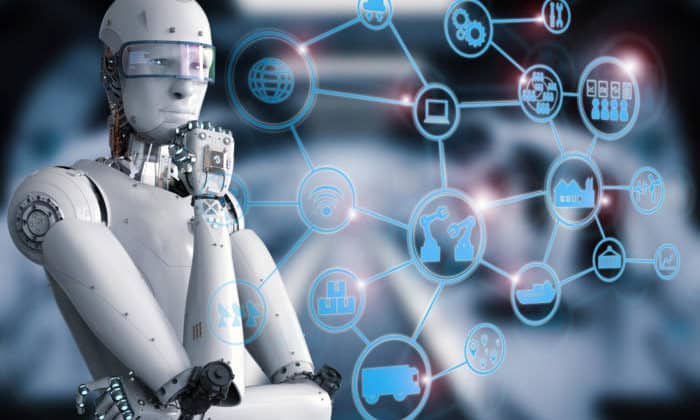 The integration of artificial intelligence (AI) into decision-making processes has brought forth transformative capabilities, yet it also presents complex ethical challenges that demand our attention. The rapid advancement of AI technology raises critical questions about the moral implications of delegating decision-making to machines and the potential consequences for individuals and society at large.
The integration of artificial intelligence (AI) into decision-making processes has brought forth transformative capabilities, yet it also presents complex ethical challenges that demand our attention. The rapid advancement of AI technology raises critical questions about the moral implications of delegating decision-making to machines and the potential consequences for individuals and society at large.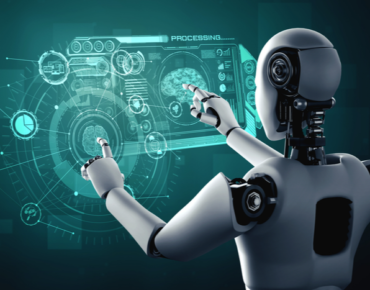 Automated Decision-Making
Automated Decision-Making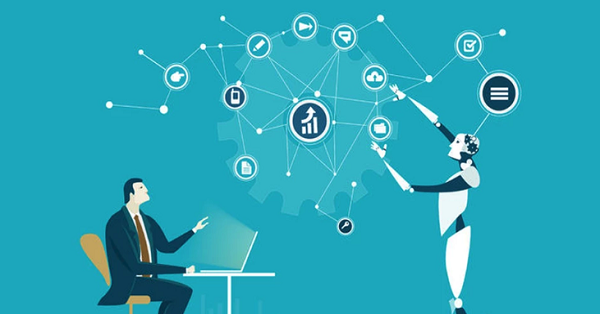 The Human Role in AI Decision-Making
The Human Role in AI Decision-Making